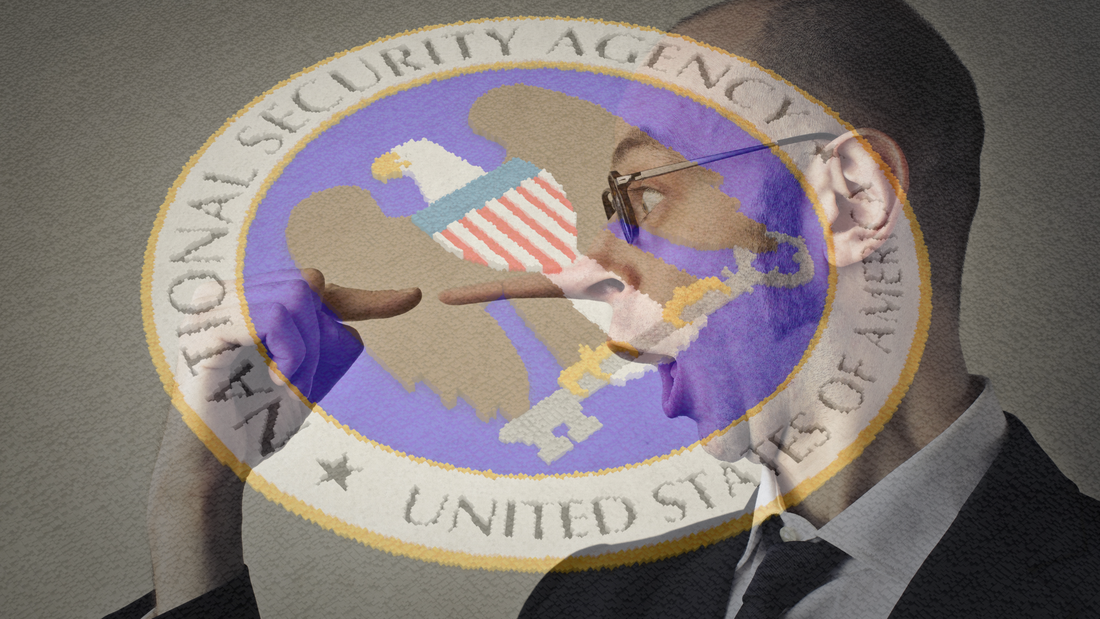|
The output of former NSA officials in pushing for a “clean,” or unamended, reauthorization of Section 702 of the Foreign Intelligence Surveillance Act has been prolific. Several such pieces have recently run in the op-ed pages of The Hill newspaper alone.
The latest op-ed, by former senior NSA and Department of Homeland Security officials Jon Darby and Thomas Warrick, is a masterpiece of misdirection. It begins with the oft-told tale of Secretary of State Henry Stimson in 1929 closing down the “Black Chamber,” a New York City office in which government cryptographers broke the codes of Japanese and other foreign diplomats. “Gentlemen,” Stimson famously said, “do not read each other’s mail.” Stimson reversed his elevated sense of etiquette when he became Secretary of War during World War Two – and the ability to break Japanese codes became central to Allied victory. The implication here is that civil libertarians today who complain about Section 702 are sniffy idealists who would expose us to great danger. To buttress this point, Darby and Warrick cite several intelligence successes, including the breaking of the plot to bomb New York City’s subway in 2009. With Russia and China turning increasingly hostile, Darby and Warrick say that we need robust means to intercept those who threaten the safety of the American homeland. To which PPSA and many other civil libertarians say, “hurrah!” We take issue, however, with the central metaphor of their piece – Henry Stimson’s ending of foreign surveillance. No foreigner enjoys the protections of the Fourth Amendment of the Constitution. When it comes to foreign terrorists and spies, we say surveil away. Our concern arises when the communications of millions of Americans are folded into Section 702 surveillance. Whenever an American becomes a target of a government investigation, a probable cause warrant is required by the Fourth Amendment of the Constitution to examine their communications. Take the case cited by Darby and Warrick – the planned New York City bombing involving an Afghan-American who was in communication with Al-Qaeda in Pakistan and traveled to meet them. That alone should have been enough to obtain a probable cause warrant to inspect the target’s communications. Darby and Warrick acknowledge that “for a time, the FBI routinely searched databases with information collected under Section 702’s authority even in non-national security investigations.” Victims of such improper government surveillance included a Member of the U.S. House, a U.S. senator, a state senator, a judge, a local political party, and 19,000 donors to a congressional campaign, among many others. Darby and Warrick assure us that these abuses were “corrected” when “additional safeguards” were put in place. Despite large reductions in the numbers of Americans who have their data hoovered up, however, more than 200,000 warrantless searches are still taking place every year. As Sen. Mike Lee of Utah notes, the correct number for violations of the Constitution is zero. If Congress misses this rare opportunity to impose a warrant requirement, expect the FBI and other agencies to quickly revert to old ways. A final point: There is an air of unreality surrounding the debate over the Section 702 database. It is, after all, likely small compared to the database of warrantlessly obtained and inspected personal information of Americans that is commercially acquired by our government. About a dozen federal agencies, from NSA, to DoD, to IRS, to the FBI, to DHS, purchase our personal data scraped from apps and sold by third-party data brokers. Government lawyers blandly assert they are not violating the constitution’s prohibition against seizing our data. They are, after all, merely buying it. That strikes most Members of Congress and their constituents as sophistry. Our digital actions – whom we communicate with, where we go, what we search online for – can be our most personal information, revealing our romantic lives, our health issues, our religious beliefs and worship, and our political activities. Yet the government – including the agencies that Darby and Warrick served – routinely ransack what essentially are our personal diaries without a warrant or oversight of any sort. The coming debate over the reauthorization of Section 702 will be our best opportunity in a generation to curb the government’s appetite for all our information. We should not let this rare chance pass us by. Comments are closed.
|
Categories
All
|


 RSS Feed
RSS Feed